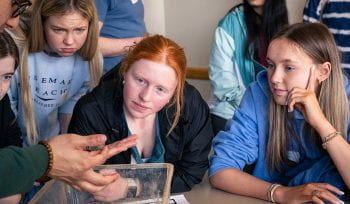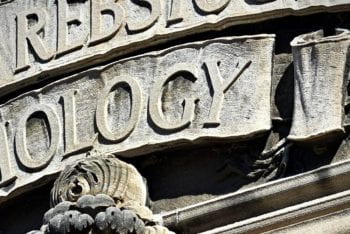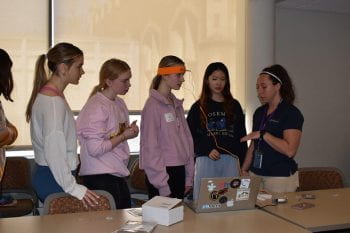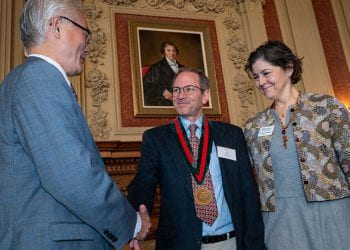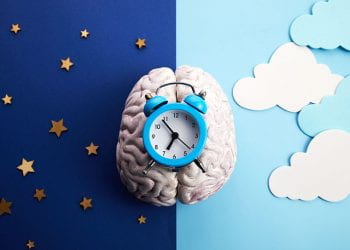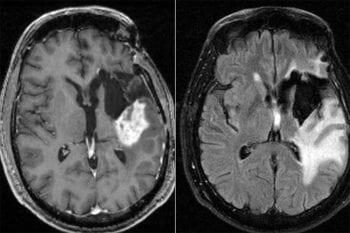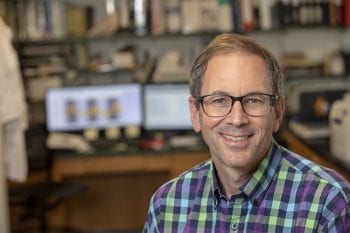Complex biological networks control a range of functions in the human body from metabolic processes to the sleep cycle. Though scientists have ever-increasing volumes of data about the effects these complex systems produce, fully describing them mathematically has proven difficult. Without a firm understanding, effective interventions continue to be elusive, leaving more than 50 million […]
Engineering better sleep





